Consider making gold bar transfers taxable
Point d, Clause 10, Article 3 of the draft Law on Personal Income Tax (amended) stipulates: "income from transferring digital assets and transferring gold bars" is subject to tax.
National Assembly Deputy Luong Van Hung ( Quang Ngai ) said that the regulation that income from the transfer of "gold bars" is subject to tax does not cover all gold products. Therefore, the delegate suggested that it should be regulated that income from the transfer of "gold" in general is subject to tax to ensure compliance with the reality of the current very diverse gold market and avoid tax losses. Accordingly, rewrite point d, clause 10, Article 3 as follows: " Income from the transfer of digital assets, transfer of gold ".
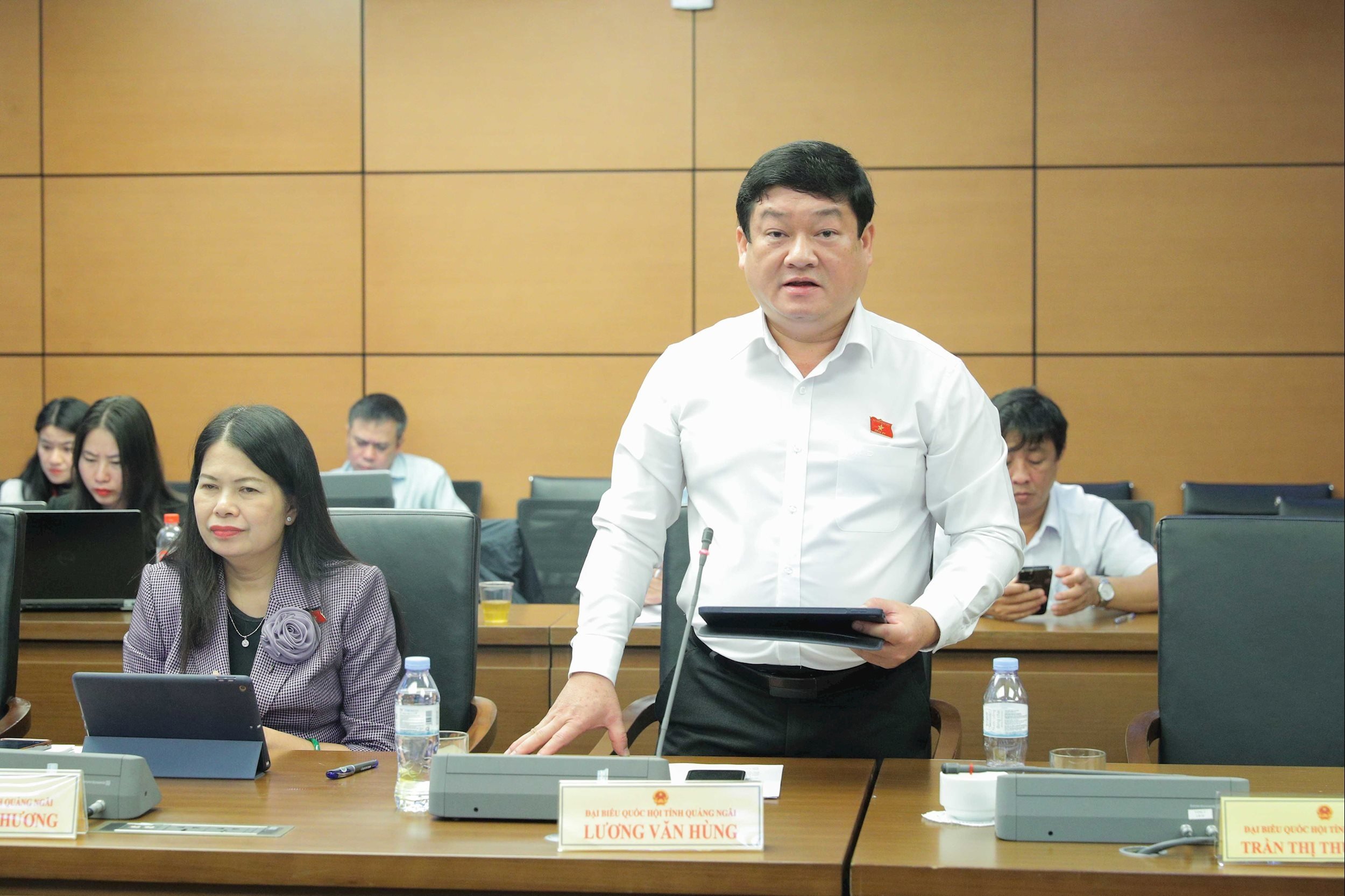
The above proposal aims to ensure the requirements of Resolution No. 278/NQ-CP dated September 13, 2025 of the Government on the development of the Law project to ensure: " Clearly defining income from gold trading activities as taxable objects to enhance market transparency and limit gold speculation ".
At the same time, Clause 1, Article 1 of Decree No. 24/2012/ND-CP dated April 3, 2012 of the Government on management of gold trading activities was amended and supplemented by Decree No. 232/2025/ND-CP dated August 26, 2025 of the Government (effective from October 10, 2025) stipulating: "This Decree regulates gold trading activities, including: Production and processing of gold jewelry and fine arts; trading in gold jewelry and fine arts; production of gold bars; trading in gold bars; gold export and import activities and other gold trading activities, including gold trading on accounts and gold derivative activities" .
In fact, currently in the gold market, businesses and individuals conduct transactions in both gold bars and gold rings. Therefore, delegate Luong Van Hung emphasized that if only income from the transfer of "gold bars" is subject to tax, it is not consistent with legal regulations and actual market transactions.
National Assembly Delegate Pham Van Hoa ( Dong Thap ) and National Assembly Delegate Nguyen Hoang Mai (Dong Thap) proposed considering imposing tax on gold bar transfers.
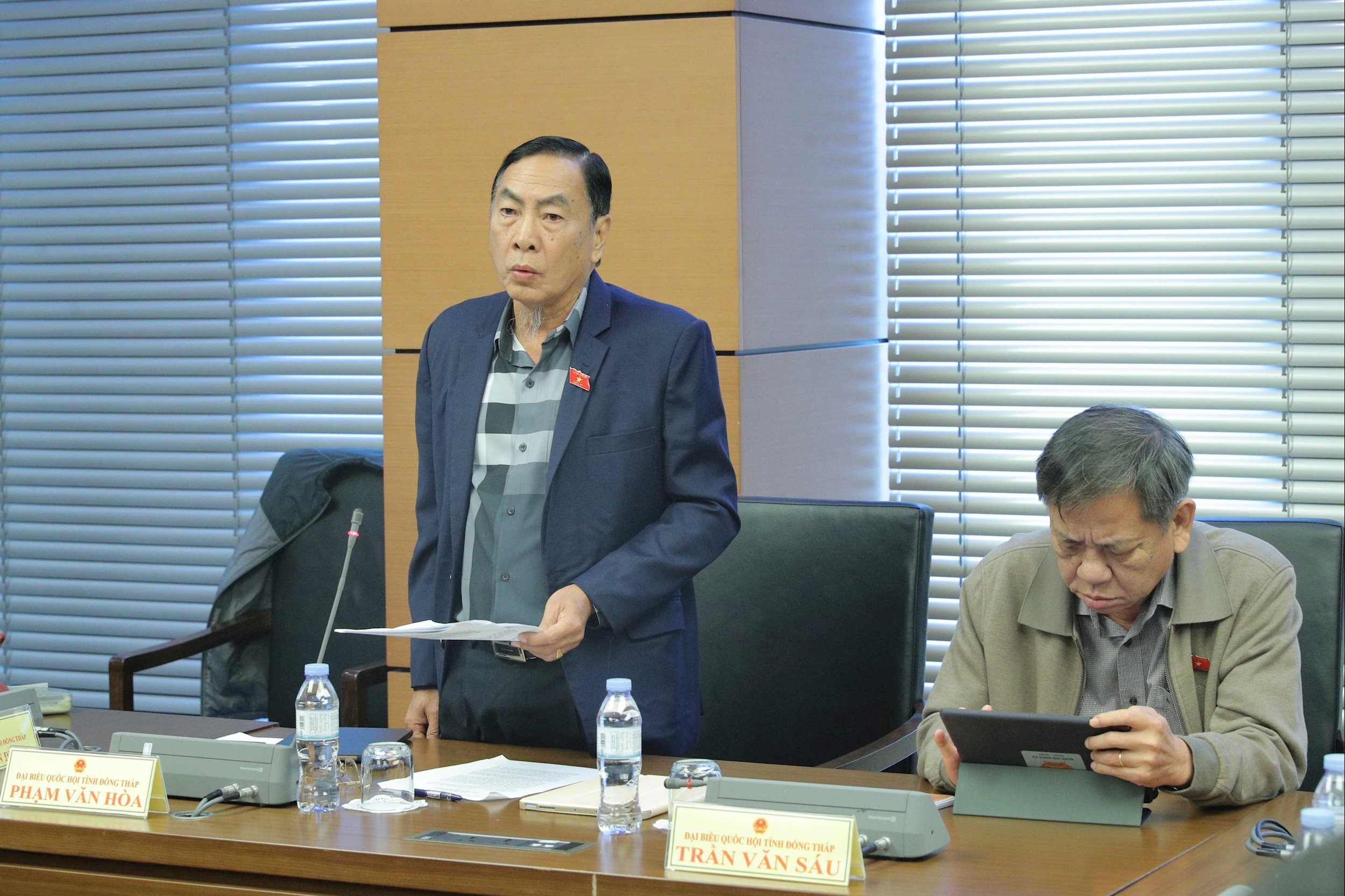
According to delegate Nguyen Hoang Mai, the nature of personal income tax is to regulate income among social groups, not to intervene in the gold market.
How will the implementation be organized? When people go to sell gold bars, will they let the store owner collect it for them? In the case of buying and selling gold bars without invoices, how will the collected money be submitted to the State? Delegate Nguyen Hoang Mai raised the issue and said that people in our country mainly store gold as a protective asset, and when necessary, they will use it as a safe haven. This is a form of asset accumulation, so there should be no tax on gold bars.
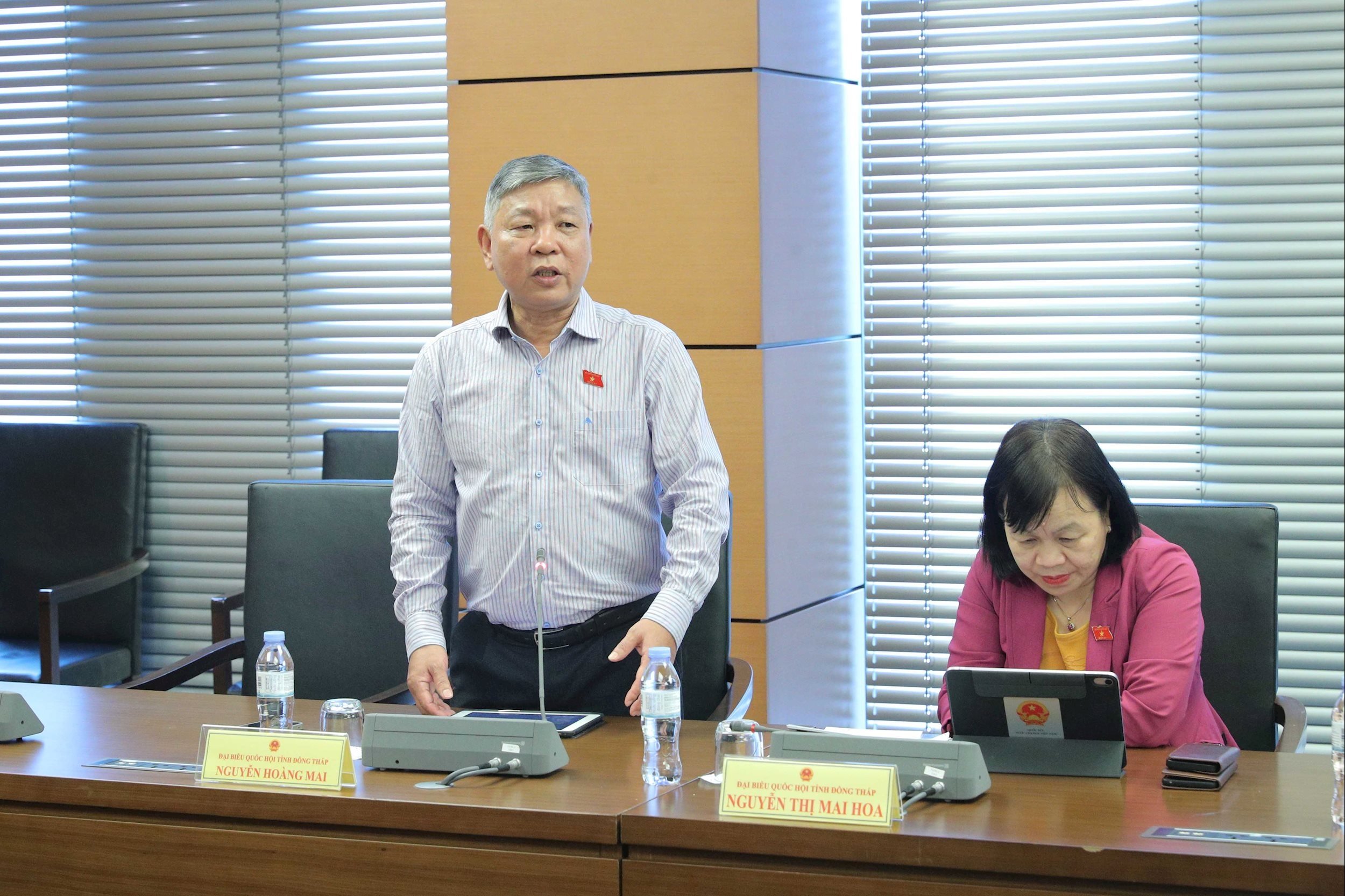
Expanding the scope of deductions from taxable income
National Assembly Deputy Nguyen Hai Anh (Dong Thap) expressed his agreement when the draft Law expanded the scope of deductions from taxable income, allowing taxpayers to deduct medical expenses, tuition fees, charitable and humanitarian contributions before calculating taxes. According to the delegate, this is a progressive amendment, in line with international trends, and at the same time contributes to encouraging people to proactively spend on education, health care and volunteer activities.
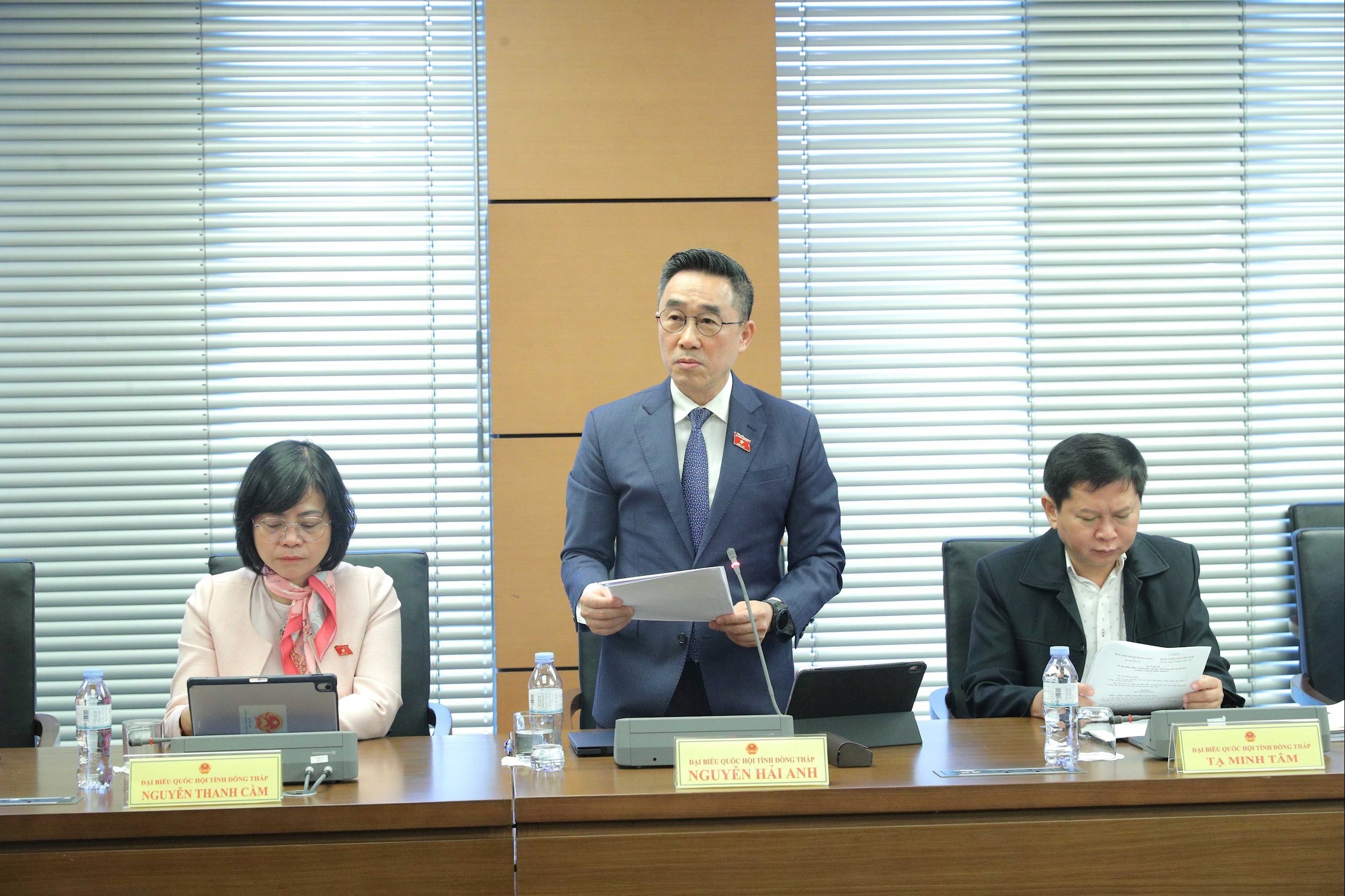
Delegates proposed adding social security expenses such as first-time home loan costs, elderly care costs, etc. to be deducted from taxable income before calculating tax on income from salaries and wages.
Delegate Luong Van Hung proposed to add the case of "economic - political - social crisis" to be considered for tax reduction; along with that, proposed unified regulations to exempt tax on income from salaries and wages of high-tech human resources in priority sectors as prescribed by the Government.
Considering that Article 7 of the draft Law stipulates: personal income tax on business income, according to which the prescribed level of 200 million VND or more is the revenue for tax calculation is unreasonable, delegate Luong Van Hung stated that with a revenue of 200 million VND, the average income is only less than 17 million VND/month. Meanwhile, the National Assembly Standing Committee has just passed a Resolution to increase the personal income tax deduction level in 2026 to 15.5 million VND/month for the taxpayer himself and 6.2 million VND/month for a dependent.
Therefore, the delegate proposed to recalculate the revenue level to calculate personal income tax on business income to be consistent with the Resolution of the National Assembly Standing Committee and real life.
The draft Law stipulates that the tax schedule is shortened from 7 levels to 5 levels and the gap in taxable income within each level is significantly widened compared to the current Law, but the highest tax rate is still kept at 35%.
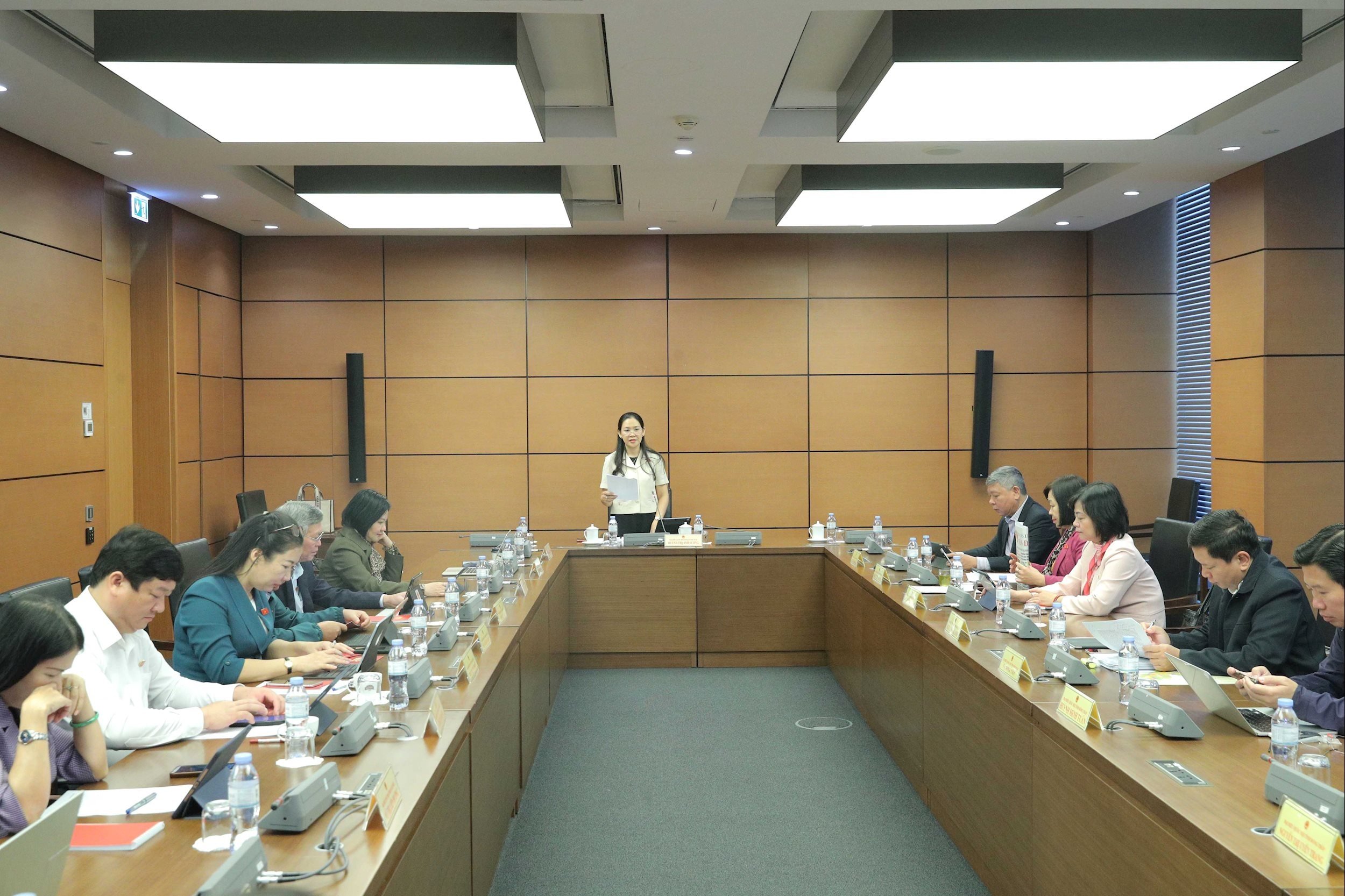
According to delegate Luong Van Hung, the highest tax rate of 35% was issued in 2007 (effective from 2009) when the corporate income tax rate was 25%. Currently, the corporate income tax has been reduced to 20% (even 15-17% for small and medium enterprises). Therefore, the regulation of the maximum tax rate of 35% is too high and does not encourage the development of the super-rich class or high-quality experts, easily leading to fraud or tax evasion.
Therefore, delegates recommended reviewing the Law on Corporate Income Tax and other relevant regulations to have regulations on progressive tax rates to ensure fairness and fairness for taxpayers among income groups, including reducing the highest tax rate to below 25%.
Source: https://daibieunhandan.vn/giam-muc-thue-suat-cao-nhat-xuong-duoi-25-10394507.html


![[Photo] Opening of the 14th Conference of the 13th Party Central Committee](https://vphoto.vietnam.vn/thumb/1200x675/vietnam/resource/IMAGE/2025/11/05/1762310995216_a5-bnd-5742-5255-jpg.webp)









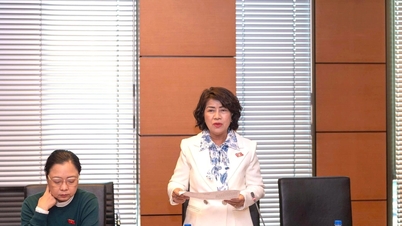
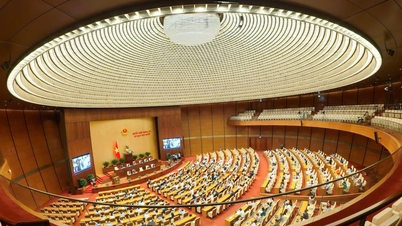








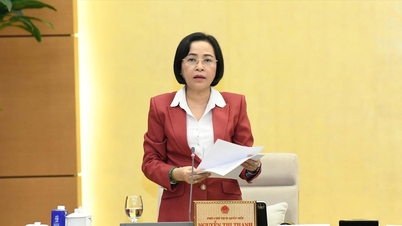
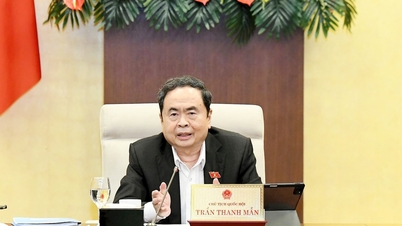

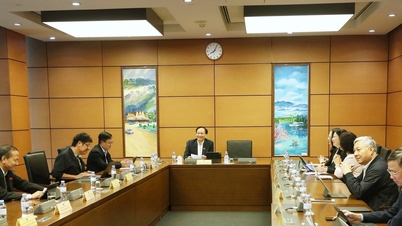






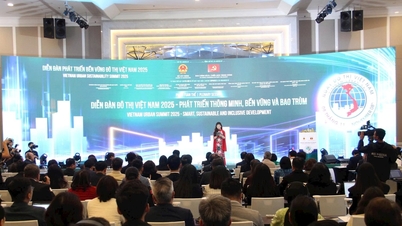



![[Photo] Panorama of the Patriotic Emulation Congress of Nhan Dan Newspaper for the period 2025-2030](https://vphoto.vietnam.vn/thumb/1200x675/vietnam/resource/IMAGE/2025/11/04/1762252775462_ndo_br_dhthiduayeuncbaond-6125-jpg.webp)








































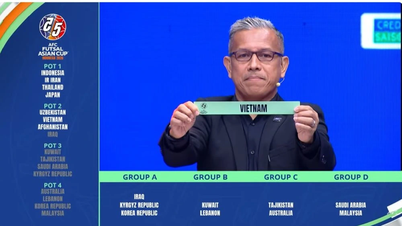










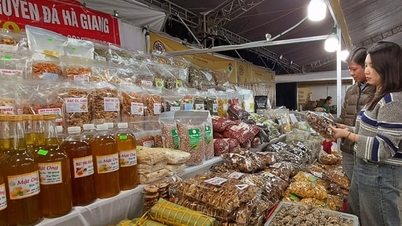




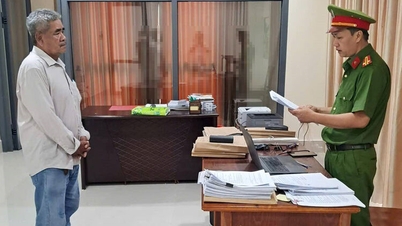

















Comment (0)